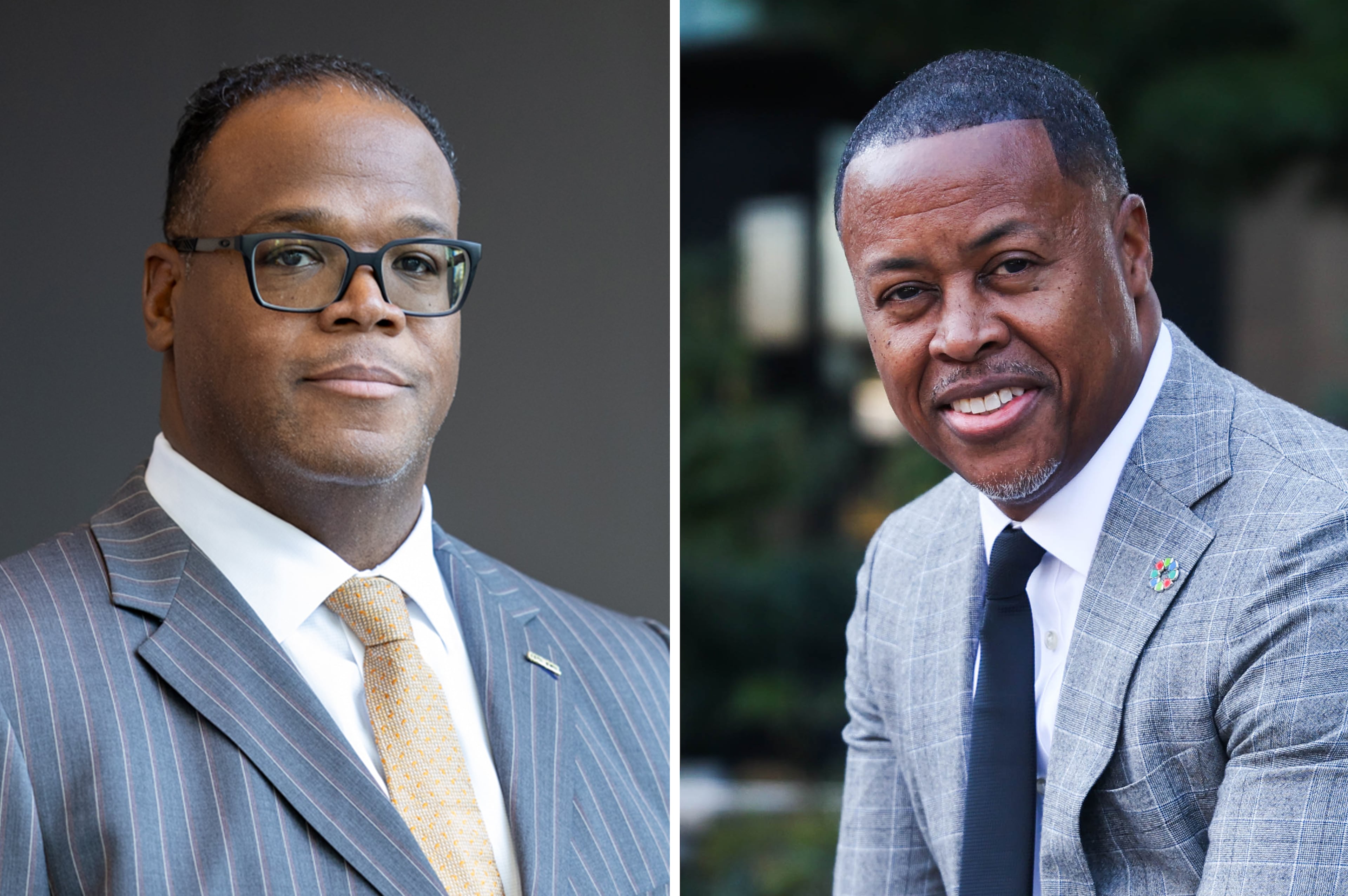RHONE: In Villa Rica, restrictions on public comment threaten free speech

Be careful when expressing your opinions in Villa Rica, or you might violate a new policy limiting the tone and content of public comment at city council meetings.
Following several lengthy meetings late last year, during which residents expressed concerns about road construction — specifically, the city’s intent to seize property using eminent domain and allegations of impropriety between the city and the construction companies — city officials responded by changing the rules on public comment.
Under the new rules, anyone who wants to speak at a city council meeting in Villa Rica must publicly state their name and home address.
City officials have also prohibited “personal, impertinent, slanderous or profane remarks,” according to the policy, which was passed Dec. 10 and went into effect in January.
On Monday, the American Civil Liberties Union of Georgia issued a letter to Villa Rica city council members urging them to reverse the new policy.
In their letter, the ACLU cites numerous legal precedents in which similar policies and practices have been ruled unconstitutional. But it doesn’t take a legal expert to see where this move by city officials goes sideways.
Villa Rica council members have already indicated a bent toward retaliation. One council member threatened some public commenters with a lawsuit when the speakers made allegations of impropriety.
No state law controls how public comment is conducted in cities and counties across the state, but we shouldn’t condone policies that support intimidation tactics.
A 2018 survey by The Atlanta Journal-Constitution found that policies from 60 cities and counties were inconsistent, with some jurisdictions allowing people to speak whenever they want and however long they want, while other jurisdictions have strict time limits and topics that can be discussed.
There is a need for any city council or county commission to balance the amount of time devoted to public input with the time dedicated to conducting business. Most jurisdictions limit the amount of time for public comment — three minutes per speaker is a popular range — but limiting the time per speaker doesn’t necessarily keep things civil or productive.
In August 2024, after College Park residents voiced frustrations about transparency and inefficiencies in the City Council, a two-hour meeting turned into a shouting match. City business was crammed into the final 15 minutes, during which officials appeared to rush through voting on certain agenda items.
Some jurisdictions have more unconventional rules for public speaking.
In Cobb County, council members approved a plan last year to split public comment in two periods, with half near the beginning of the meeting and half near the end. They previously prohibited anyone speaking during the public comment portion of the meeting from using audio and visual media since technical difficulties made it hard to consistently rely on those tools.
But let’s get back to Villa Rica.
Many jurisdictions set time limits for public comment, require advance sign-ups or enforce standards to manage vulgar or disruptive comments, but requiring speakers to reveal their home addresses in a roomful of observers seems like a backhanded way of making sure no one says anything remotely controversial or challenging.
Villa Rica city council members have prohibited any speech that is deemed “personal, impertinent, slanderous or profane remarks,” but those are vague terms that leave too much room for interpretation. Speakers are likely to be confused about what they can and cannot say in their comments.
Would speakers no longer be able to direct their comments to a particular council member because that would make it too personal? If someone makes an unflattering statement, would a council member have the power to call it slanderous and shut it down without proving it to be false?
Speakers should be able to express themselves during public comment periods without fear that those comments will fall under some hazy definition of prohibited speech. And they should not have to state their home address and fear retaliation from elected leaders or fellow residents who don’t agree with their viewpoints.
“Speech on matters of public concern is ‘at the heart of the First Amendment’s protection’ and ‘should be uninhibited, robust and wide-open,’” ACLU of Georgia attorneys wrote in the letter to the Villa Rica officials.
If Villa Rica council members want to encourage a more respectful exchange between residents and city officials, they should act with integrity instead of resorting to intimidation.
Read more on the Real Life blog (www.ajc.com/opinion/real-life-blog/) and find Nedra on Facebook (www.facebook.com/AJCRealLifeColumn) and X (@nrhoneajc) or email her at nedra.rhone@ajc.com.



